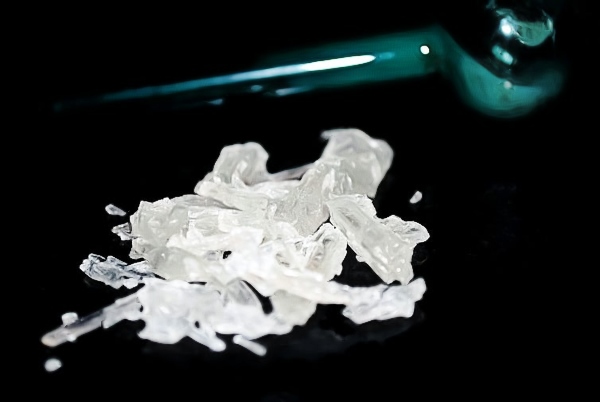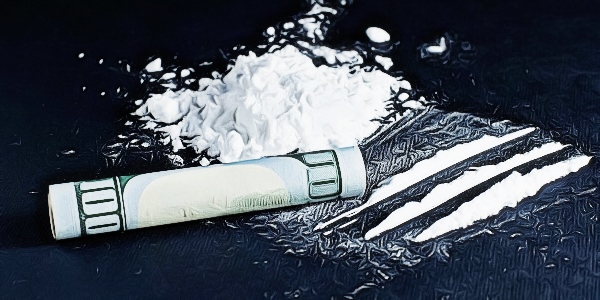People use drugs in various ways for many different purposes. While many people use drugs as prescribed, others end up consuming them illicitly. One question remains, however—how long does a substance stay in the body? This often is posed in an attempt to understand a certain drug’s effects, especially when it comes to tracking the onset of withdrawal. Others also find it necessary to pass a drug test, making it important to know the extent of a drug’s life in the human body.
Drug tests are often part of certain procedures, such as in legal processes like divorce and custody. Others may need to pass probation, while others still only need it for employment. Unfortunately, the answer isn’t always clear. It varies among individuals, especially since certain drugs can stay in the system well after their intended effects have worn off.
Some drugs can also stay in the system for up to how many months and can be detected in numerous tests. These drug tests depend on the goal, as the presence of drugs can be detected in the blood, hair, perspiration, urine, and of course, saliva.
Urine testing is the most commonly used drug test, especially since it’s convenient and affordable. It also yielded fast results, especially since it can detect a substance even if days have already passed.
If you wish to learn more about the different drugs and how each can last in the body, we’ve curated this quick and comprehensive guide to follow. We talk about the factors that affect a drug’s stay in the body, the most common types of drugs used, and other necessary details. Let’s begin:
How long can a specific drug stay in my body?
Drugs are generally foreign substances used to induce a certain effect, be it for medicinal or recreational use. Drugs can either be illegal or prescription and can be found in more than just the traditional form of pills. It can be found in a variety of household products, including gasoline and cleaning supplies.
Given that drugs come in many forms and types, their effects and duration on the body can be difficult to trace. Drugs will last in the body for different amounts of time, well after it has been consumed. The variation will also depend on other factors, such as the following elements:
- The possibility of interaction with other drugs in the body
- The drug dosage
- The age of the individual
- The race and ethnicity
- The weight
- The sex
- Possible medical conditions that affect the process of drug elimination in the body, such as kidney conditions
What are the most common types of drugs and how long can they stay in your system?
1) Alcohol
Alcohol abuse is a prevalent problem in the United States of America, and can oftentimes lead to preventable death. Bear in mind that alcohol addiction can lead to liver failure and overdose. Consequently, it can also pose a threat to other possible scenarios, such as accidents and crashes due to drunk driving.
Alcohol can be tested in various ways, and can last and be detected in the body as follows:
- For urine tests, alcohol can be detected for up to 48 hours after consumption
- For saliva tests, alcohol can be detected for up to 3 days after consumption
- For hair tests, alcohol can be detected for up to 90 days after consumption
- For blood tests, alcohol can stay in the system for up to 6 hours after consumption
- For breathalyzers, alcohol can be detected for up to 24 hours after consumption
2) Heroin
Opioid has a long and bloody history, but it continues to remain rampant today. Countless people all over the world still succumb to overdoses, which they take in the form of pain relievers, fentanyl, and of course, the highly coveted heroin. Opioid misuse is a crisis that continues to affect healthcare and criminal justice.
Heroin can be tested in various ways, and can last and be detected in the body as follows:
- For urine tests, it can be detected for up to 3 days after consumption
- For saliva tests, heroin can be detected for up to an hour after consumption
- For hair tests, it can be detected for up to 90 days after consumption
- For blood tests, heroin can stay in the system for up to 6 hours after consumption
3) Meth
Meth, or methamphetamine, is a common drug in America. Most use it to induce a sense of euphoria, which provides a temporary sense of energy. The drug is also deemed as some of the most affordable illicit drugs, as it can be easy to produce in-house. As a result, illegal use runs rampant.

Meth can be tested in various ways, and can last and be detected in the body as follows:
- For urine tests, it can be detected for up to a week after consumption
- For saliva tests, meth can be detected for up to 4 days after consumption
- For hair tests, it can be detected for up to 90 days after consumption
- For blood tests, meth can stay in the system for up to 3 days after consumption
4) Marijuana
Although marijuana has been legalized in various states for both recreational and medicinal use, other states across America still view the weed as illegal. For this reason, employers and court systems are compelled to conduct drug tests. The tests used for marijuana are specially made to trace the chemical tetrahydrocannabinol (THC), which is responsible for the high people feel.
Marijuana can be tested in various ways, and can last and be detected in the body as follows:
- For urine tests, it can be detected for up to 30 days after consumption
- For saliva tests, marijuana can be detected for up to 72 hours after consumption
- For hair tests, it can be detected for up to 90 days after consumption
- For blood tests, marijuana can stay in the system for up to 4 hours after consumption
5) Cocaine
Next to marijuana is cocaine, which is the second most heavily used illegal drug in the country. Cocaine can be used in a multitude of ways, including smoking, smoking, oral ingestion, and even intravenous use.

Cocaine can be tested in various ways, and can last and be detected in the body as follows:
- For urine tests, it can be detected for up to 3 days after consumption
- For saliva tests, marijuana can be detected for up to 2 days after consumption
- For hair tests, it can be detected for up to 90 days after consumption
- For blood tests, marijuana can stay in the system for up to 24 hours after consumption
Conclusion
Should any of these substances come up positive in the drug test, detoxification will be the next step—especially if you’re suffering from substance abuse. It’s only a single piece of the treatment plan, but it can help a person rid of the physical dependence they have formed on the drug in question.
Keep in mind that drug tests will also be conducted regularly, which is why it’s important to stay sober. Armed with the knowledge above, we can safely deduce that drug detection is almost always guaranteed. For this reason, make sure to find a treatment center that best caters to your needs—one where you cannot relapse and fail a drug test.
Sources:
https://medlineplus.gov/alcoholusedisorderaud.html
https://www.drugabuse.gov/publications/drugfacts/heroin
https://www.drugabuse.gov/publications/drugfacts/methamphetamine




